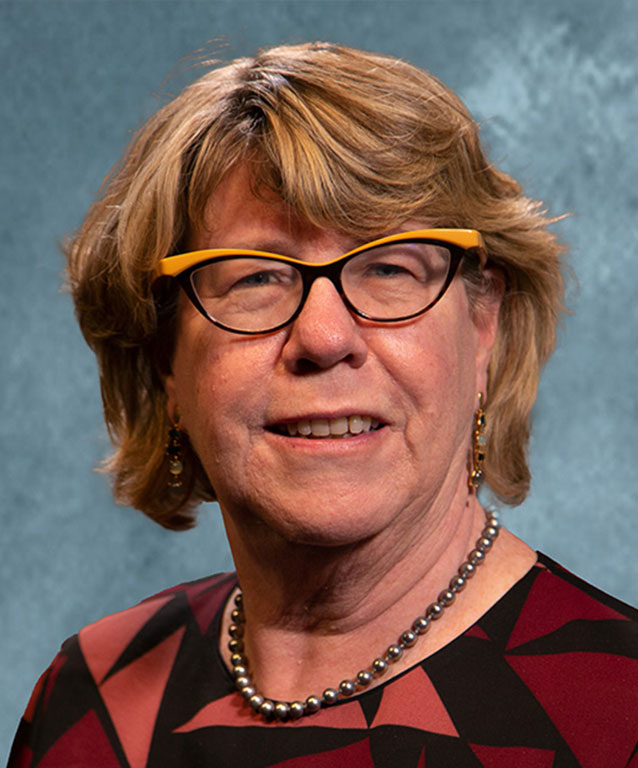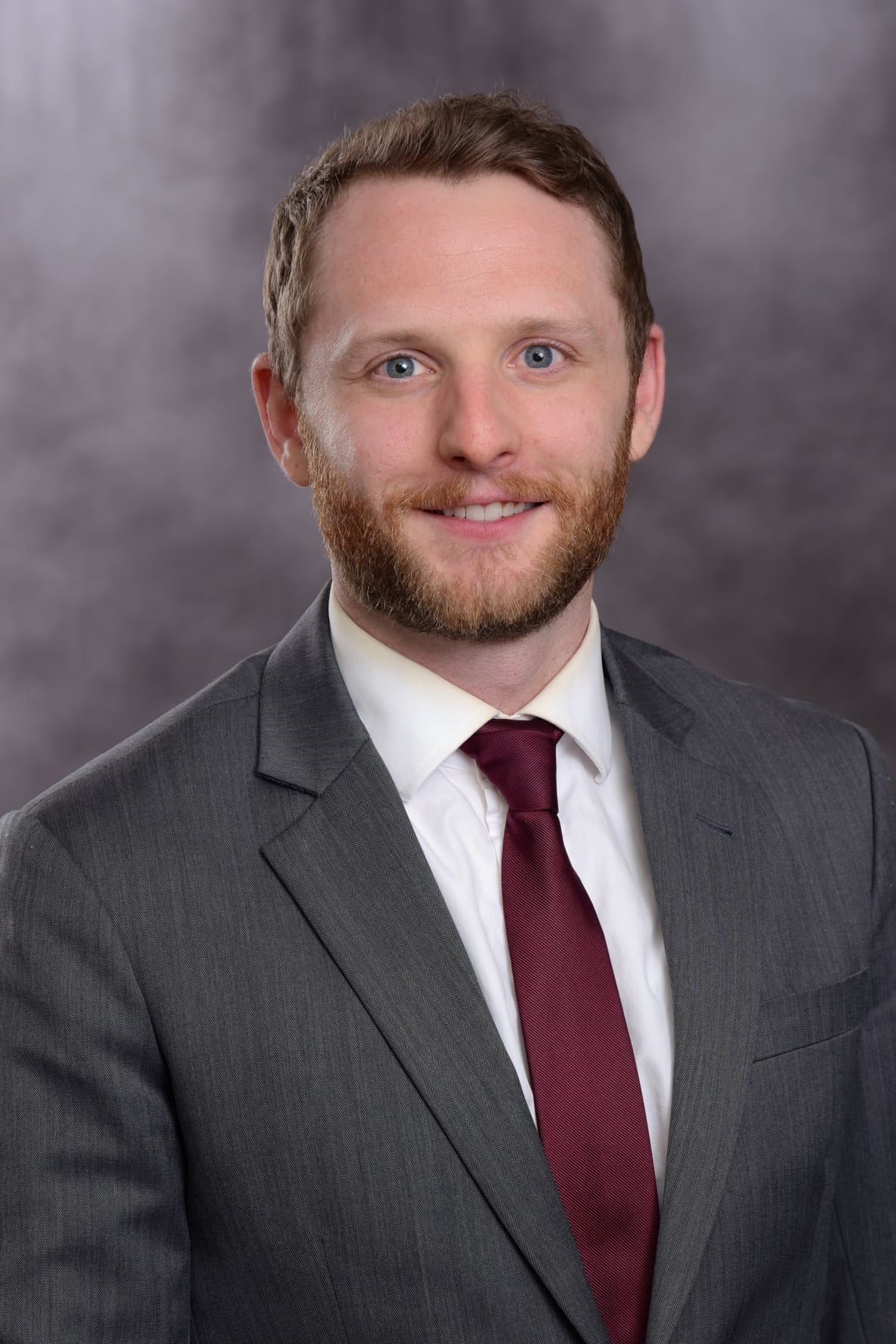 Joan McDonald
Joan McDonald
Director of Operations, Westchester County
Joan McDonald is an experienced executive in public management, transportation, economic and community development, public finance and public policy.
On January 1, 2018, Joan was appointed Director of Operations for Westchester County. As the Director of Operations, Joan is responsible for setting all public policies for the County; has direct supervision over the 12 County Departments and 4,500 employees. Joan has direct responsibility for overseeing the $2.2 billion County budget. Joan has served as Chair of the Westchester County IDA and Westchester County LDC since 2018.
Some of the initiatives which Joan spearheaded for the County include the creation of the DIG program, the housing Flex Fund, and the LTAP program. Joan oversaw the County COVID-19 response including the $20 million small business and not-for-profit grant program, the $10 million food insecurity program and the $5 million remote learning centers program.
Joan provided strategy and guidance to the County Executive and Deputy County Executive as they restored stability to the County finances, which lead to the restoration of Westchester’s Triple-A bond rating from both Fitch and Standard and Poors.
In August 2020, Joan was appointed Chair of the New York State Bridge Authority Board of Commissioners. In April 2024, Governor Hochul appointed her to the Thruway Authority Board of Directors. Joan Co-Chaired the transportation group of the NYSERDA New York State Climate Impacts Assessment. She is also on the Board of Directors of NY CREATES.
Joan served as Commissioner of the New York State Department of Transportation from 2011 - 2015, overseeing 8,300 employees with an annual budget of $4 billion. Under Joan's leadership NYSDOT implemented 30 design/build, best value contracts, including the $550 million Koscziusko Bridge, the Department's largest contract. As Commissioner, Joan chaired the Northeast Corridor Commission; served on the Tappan Zee Bridge Blue Ribbon Selection Panel; co-chaired the Tappan Zee Bridge Mass Transit Task Force and served on the Executive Committee of the Transportation Research Board.
As Commissioner of the Connecticut Department of Economic and Community Development from 2007 to 2010 Joan led CT's economic development efforts through the "Great Recession". During her tenure, Joan chaired Connecticut Innovations, investing funds in various start-up companies in the biotechnical, aviation and IT sectors. Under her leadership, the State developed its first ever strategic economic development plan; negotiated agreements with several Fortune 500 companies and initiated transit oriented development in all of Connecticut’s major cities.
Joan has served in senior management positions for the City of New York, Metro-North Railroad and the New York State Assembly.
From August 2015 through December 2020, Joan served on the National Infrastructure Advisory Council (NIAC), where she participated in studies related to water resiliency and cyber security on a national level. From September 2016 through December 2020 she was on the TRB policy committee to evaluate the future of the Interstate Highway System, including the impact of climate change.
Joan received her Bachelor of Arts from LeMoyne College and her Masters of Public Administration from Harvard University, John F. Kennedy School of Government.




























































 Joan McDonald
Joan McDonald